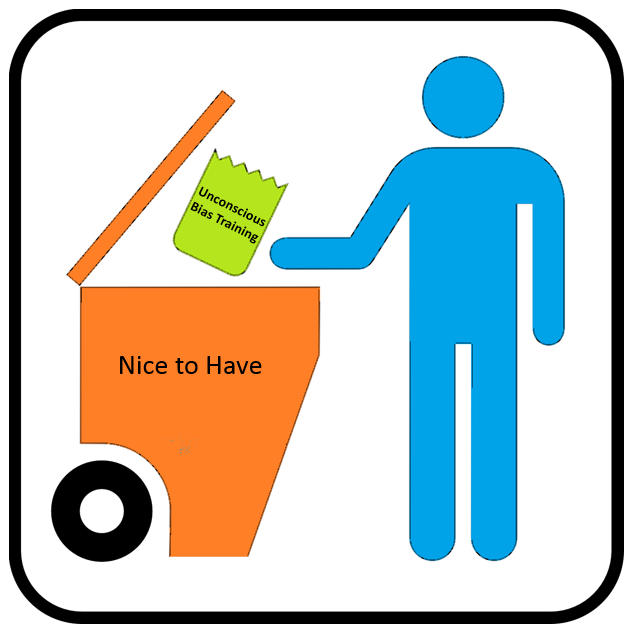The unconscious is one of the fundamental pillars of Sigmund Freud’s theory, it has been added to our vocabulary becoming an everyday concept, perhaps because it allows us to blame others and serves as an excuse for some mistakes made. it has shown us, possessing our most shameful impulses, gives way to a very different idea through recent studies, both in neurology and psychology.
Each of us is aware of its existence, even if only the results come to us. For example: imagine that we want to find something that we have lost and, even if we look for it, we do not find it; if we are able to relax and let the unconscious function, as if by magic, a clear message will come to mind that tells us where we are looking. This information belongs to the unconscious.
- One of the biggest differences between the two is speed.
- Let’s say we would need about 4 years of our lives if we used the conscious to make the comparisons that the unconscious is able to analyze in about 10 minutes.
It is an excellent ally in decision-making, since it can mobilize large amounts of information that allow us to decide on different criteria, this also allows us to easily perform complex tasks, such as driving, reading, communicating . . . and it also helps control our emotions and distinguish them from those around us.
We are increasingly certain that most of the things we do throughout the day are the task of the unconscious and this affirmation can make us sea. What about conscience, freedom of choice?It would be nice to calm down; everything that was stored in the unconscious passed through the conscious before and is part of our experience and our way of doing and living life.
It is the knowledge that has been introduced in this format because it is more useful. What would we become if we had to think about everything we do?Take a test, if you want, with a basic task and you will see how disturbed we are: try climbing a ladder thinking about what you are doing and how you are doing it.
The unconscious is a good ally. What scares us is that we don’t know how it develops information, we can only receive your work after it’s finished, and it’s quite possible that this desire for control that dominates us is what eclipses us in the way it develops.
We must not forget that the unconscious merely gives us the information developed; After that, we have the right to use it or not, whether we are aware of its usefulness and realize that it is an extraordinary ally, we will begin to believe that its capabilities and cooperation will be more productive and robust, facilitating the achievement of our objectives.

